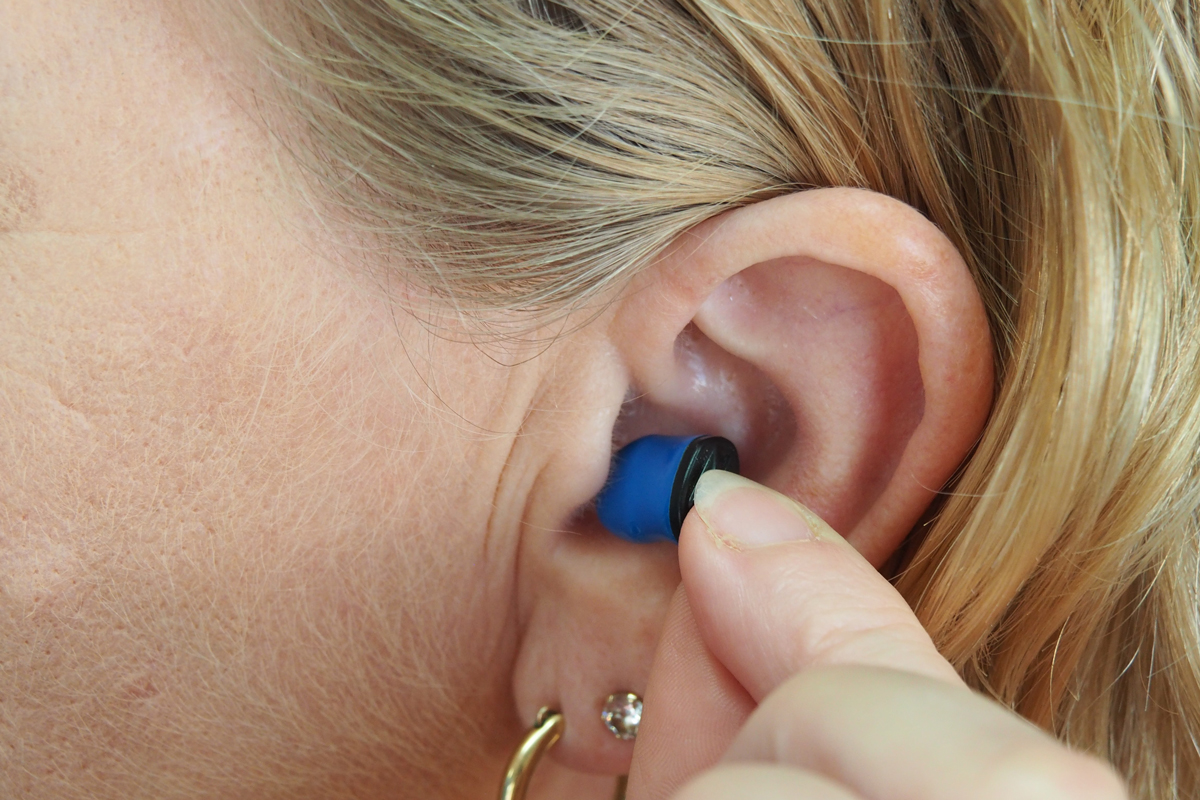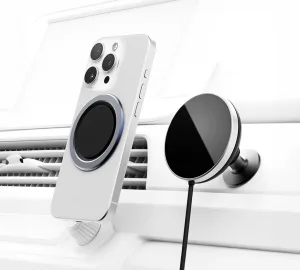If you’re like most people, then you probably don’t even realize that you have some level of hearing loss. With a sense like vision, you can often tell that you’re in need of glasses or contact lenses because it’s difficult to see something. You might have trouble seeing a sign in the distance which could impact your driving, or a child might have issues seeing what their teacher is writing on a board because of their vision-related problems.
Thankfully, diagnosing these types of vision-related issues is fairly easy. On the other hand, it’s much more difficult to realize if you have a hearing-related problem. This is because hearing health tends to slowly deteriorate and isn’t something that happens suddenly. Our hearing also doesn’t feel as important as our other senses because we can usually just turn the volume up on a TV or listen to music a touch louder.
However, our hearing affects more things than you might realize. It helps us listen out for dangers around us, it helps to keep ourselves balanced, and it can actually affect our mental health as well. So without further ado, here are a couple of tips to keep in mind if you want to improve your hearing health, or at least prevent it from getting worse.
Check an annual health check-up that covers hearing as well
One of the best ways to check if you have a hearing-related issue is to get an annual medical check-up that includes an ear examination. This will help you learn a bit more about the condition of your body and if your ears are in need of a closer inspection. Because hearing health gradually gets worse, it’s hard to notice if you have any hearing issues until you actually go for an examination.
By identifying the problem as soon as possible, you can slowly work towards more active methods of protection to ensure that it doesn’t get worse. If your hearing is already somewhat damaged, then the solution could be to get hearing aids to help you hear better. This will require the assistance of a hearing aid specialist that may perform a more thorough examination of your hearing and will also recommend devices that suit your needs. It’s much like getting glasses, only it’s for your hearing instead.
Learn about the different sound levels
Another good way to be more mindful of your hearing is to understand the various different sound levels that might affect you. For example, normal human breathing can be anywhere from 10 to 20 decibels, and a normal conversation typically reaches up to 60. These are well within acceptable levels of sound.
On the other hand, city traffic may reach up to 85 decibels, and this can cause irritation if you’re exposed to it for a long time. However, it likely won’t damage your hearing. But if we get a little louder, such as the 95 decibels of a motorcycle engine, then you could experience hearing loss in under an hour of exposure.
In other words, you should consider learning a little more about the sound levels that you’re exposed to on a daily basis so that you know what to avoid or if you need protection.






